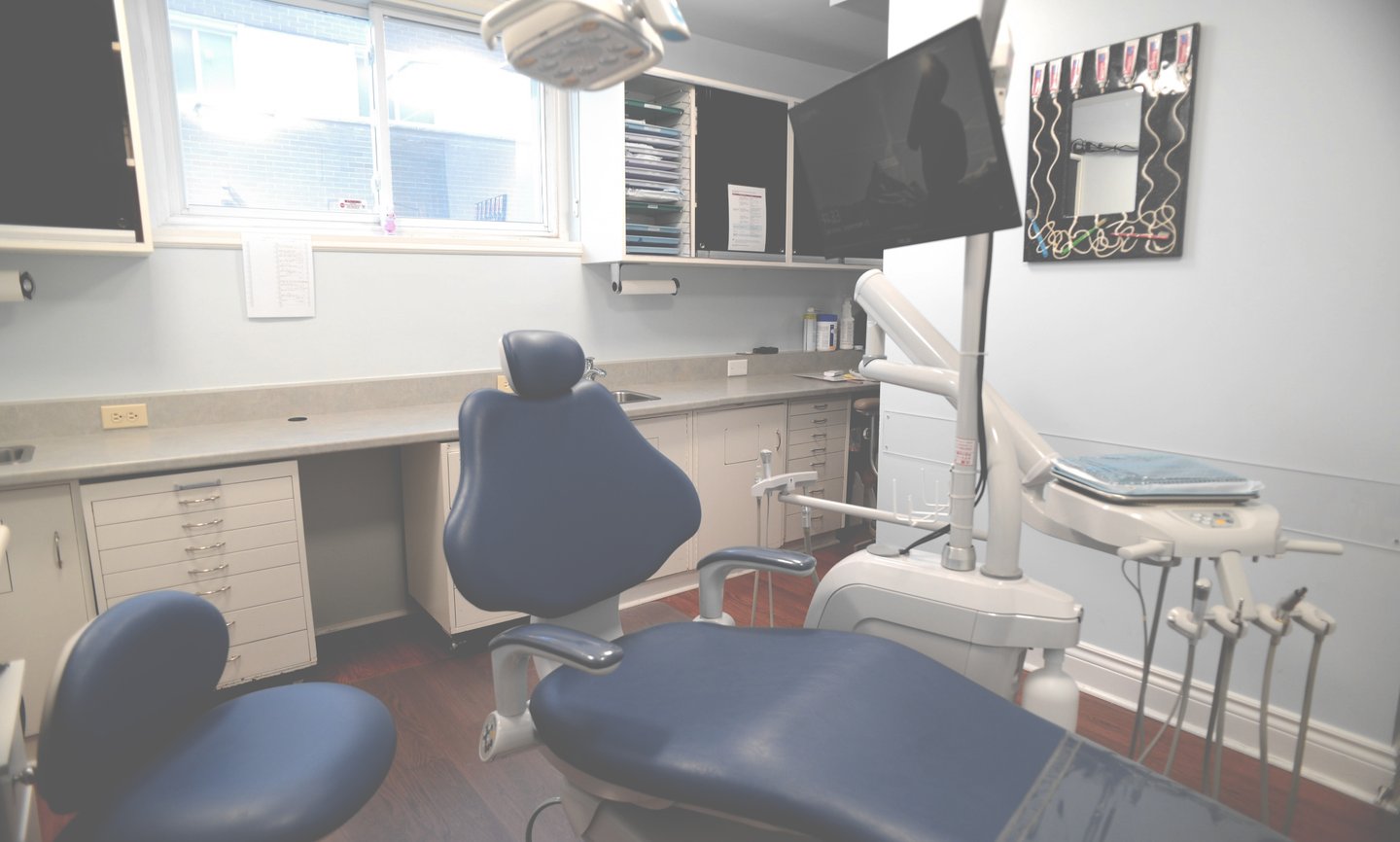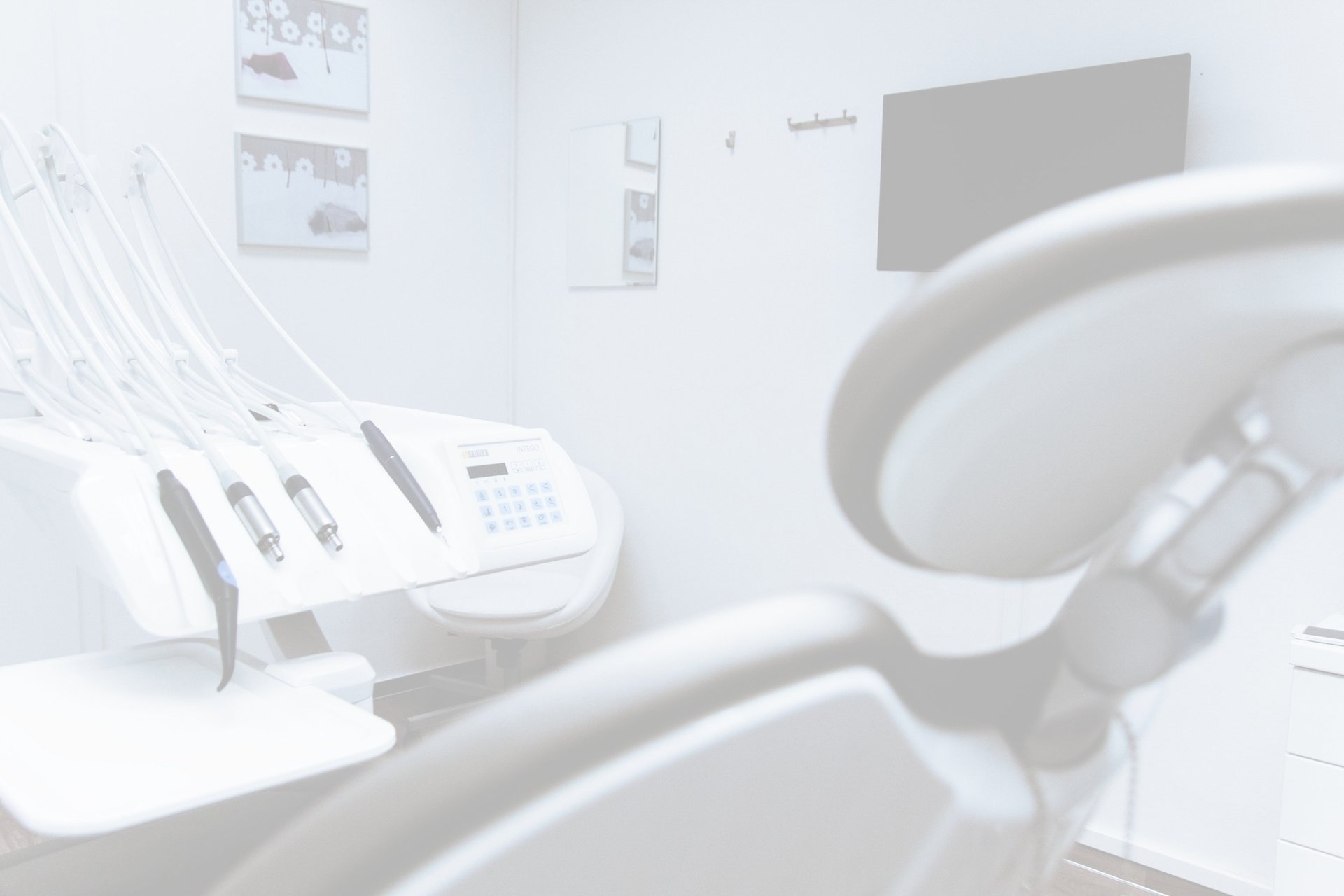
Our Services
Comprehensive Dental Exams
Having a regular dental exam helps us catch problems early, when they’re much easier, less painful and less expensive to treat. How often you should have a dental exam depends on many different things, including your unique oral health needs, your general health and lifestyle factors. We will ask you for your medical history and look in your mouth for things that can affect your oral – and overall – health.
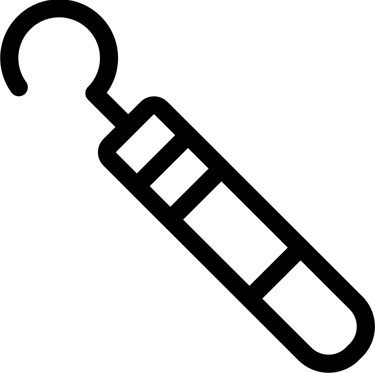

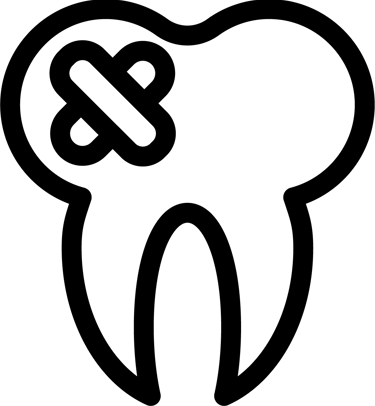

Fillings
When teeth have cavities or have been damaged, the dentist may recommend a filling. For a natural look, composite (white) fillings are used so their colour can be matched to the rest of your teeth.


Crowns and Bridges
A cap or crown is a cover that fits over a tooth that has been broken, misshaped, badly stained or damaged by decay. It is prepared by your dentist, and usually requires more than one visit to complete. A bridge, on the other hand, replaces one or more missing teeth. It is called a “bridge” because it covers a gap. Bridges are false teeth anchored in place by neighbouring teeth. The bridge consists of two crowns on the anchoring teeth along with the false tooth in the centre.
We fabricate conventional and implant-supported crowns in our practice.


Root Canals
A root canal is a treatment for infections in tooth pulp, the innermost layer of your teeth containing nerves. You may need a root canal if bacteria inside your mouth invade the pulp inside your tooth and cause inflammation. During treatment, we remove the inflamed pulp. Then we clean and disinfect the inside of your tooth. Finally, we place a firm material inside your roots to seal the space, and we cover it up with a filling. This may take more than one appointment to complete.
In many cases, root canal-treated teeth need to have a crown placed after full healing.
Hygiene Services
Gum disease is often caused by a build-up of bacteria (plaque and tartar) on your teeth and under the gum line. The best way to remove plaque is to brush and floss your teeth daily. But no matter how well you clean your teeth there will always be areas that are hard to clean. Scaling is a procedure where plaque and tartar are scraped from the surfaces of your teeth and under the gum line. Stains on teeth can also be removed most of the time. Patients at high risk for cavities, such as those with exposed roots, dry mouth, history of decay, or a high sugar diet, will have fluoride varnish applied. This will help to prevent future tooth decay.
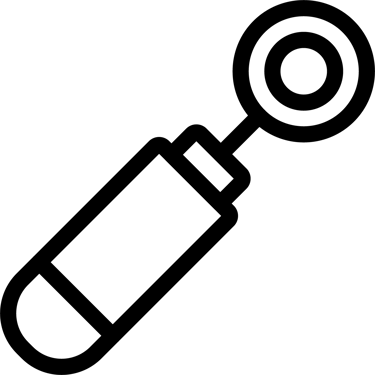



Extractions
A tooth may need to be removed because of disease, trauma or crowding. In some cases, permanent teeth may need to be removed for orthodontic treatment. In the event that you lose a tooth or need to have a tooth extracted, it is highly recommended to replace the missing tooth to prevent tipping or over-eruption of opposing teeth. Tooth replacement options include bridges and implants or dentures.


Night Guards
Bruxism, or teeth grinding, most often occurs at night. The most common causes are anxiety and stress. People who suffer from bruxism clench, grind or gnash their teeth and aren’t even aware they are doing it. If left untreated, it can lead to cracked, chipped, broken or loose teeth, pain, or damage to the joint in your jaw. We can create a customized mouth guard you can wear at night to prevent you from causing any more damage to your teeth.


Emergency Services
Common dental emergencies include but are not limited to toothaches, chipped or cracked teeth, knocked-out teeth, and lost fillings. Give us a call immediately after a dental emergency to increase your chances of saving your tooth and preventing further damage.
Nitrous Oxide Sedation
We offer nitrous oxide sedation, also known as laughing gas sedation, at our office. Laughing gas does not put you to sleep and does not affect your mental functions. It helps you relax and helps remove your dental-related anxiety and fears.


